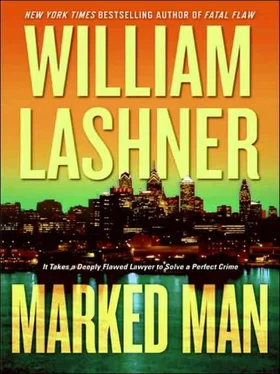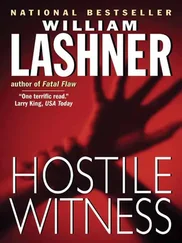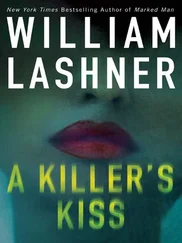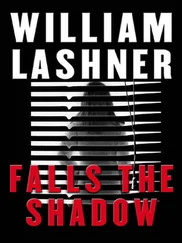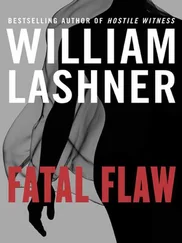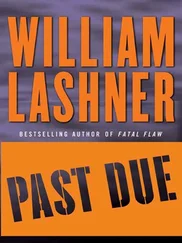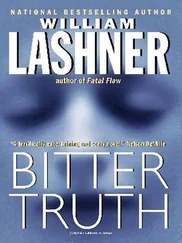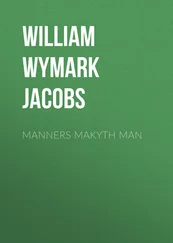“No.”
“Do you know a man named Rudolph Wayne? Do you know a man named Sal Pullata? Do you know a man-”
“Stop it. What are you doing?” This is when the tears started. “You’re my attorney,” she said. “What are you doing? Did they buy you off, too?”
“You sold yourself to those men, didn’t you?”
“Mr. Carl, please stop.”
“You sold yourself to those men and to others. Countless others.”
“Stop.”
“You sold yourself while you were still caring for your daughter. She was in the next room sometimes, wasn’t she? When you drank with your clients and used drugs and sold yourself, she was right there.”
“Please stop. I’m begging you.”
“How could you do such a thing, Theresa?”
“I was out of control. There wasn’t enough money. He left me with nothing.”
“You knew you were endangering your daughter?”
“I was doing the best I could. I was sick.”
“And when you signed away your custody, you didn’t do it because the system was against you, or because your lawyer was bought off, or even for the money.”
“No.”
“You did it because you were scared.”
“I needed help.”
“You did it because at the time you couldn’t take care of your daughter like she deserved.”
“Mr. Carl, I love my Belle. More than anything.”
“And you gave up your custody to Bradley Hewitt because, quite simply, it was the best thing for your daughter.”
“I was lost.”
“Of course you were.”
“But that was before.”
“And now you want her back.”
“Yes.”
“Why?”
“Because I love her.”
“But why now?”
“Because she needs me.”
“But why now?”
“Because now I know I can take care of her.”
I looked up at the judge, who was staring down with something close to pity on her face as Theresa Wellman sobbed on the stand.
“What’s next, Counselor?” said the judge.
“We’re going to talk about the treatment Ms. Wellman has undertaken, about her new job, and how she has changed her life so that she can once again properly take care of her daughter.”
“Would you like a moment to compose yourself before we go on, Ms. Wellman?” said the judge.
Theresa Wellman nodded.
“Fifteen minutes,” said the judge.
When I sat down next to Beth, Theresa was still crying on the stand.
“You were a little tough on her,” said Beth softly.
“How much of that did you know?”
“None of it is a surprise.”
“Best thing she ever did was give up her daughter. It makes her look almost noble. It’s going to be hard to prove she deserves her back, but that’s what we’ll try to do after the break.”
“You think we still have a chance?”
“If I didn’t bring out all that crap, Gullicksen would have, and he would have been ten times as tough. Now what’s he going to do? Point his finger and call her a bad girl?”
Just then Gullicksen walked by on his way out to the hall. He nodded at me as he gestured at my red folder. “So it wasn’t empty after all,” he said.
“And if you think this one is thick,” I said, with as broad a smile as I could muster, “wait until you see the one I’ve got on your client.”
After Gullicksen had left the courtroom, shaken but not stirred, Beth looked at me with great hope on her face. “Do you have something on Bradley Hewitt?”
“Not yet,” I said. “But give me time.”
I had been puttingit off, but I could put it off no longer. It was time to face the darkest of all my demons and to find some answers to questions that had been plaguing me from the start of the Charlie Kalakos case. It was time to visit my dad.
I didn’t call ahead, there was no need. It was a Sunday afternoon, which meant my father would be home, alone, sitting in his La-Z-Boy watching the game, with a can of Iron City in one hand and a remote control in the other. It didn’t much matter in what month the Sunday fell. In the fall and winter, he watched the Eagles. In the spring and summer, he watched the Phillies. And in the dead months of February and March, when baseball and football were both on hiatus, he watched whatever: beach volleyball, alpine skiing, Battle of the Network Stars . Just so long as he could sit and wince, drink his beer, grumble at the television. That’s what Sundays were made for.
When I arrived at the little Spanish-style house in the little suburb of Hollywood, Pennsylvania, things didn’t seem quite right. First, there was a beat-up old yellow taxicab parked right out front. Then, the front door was slightly ajar. It was not like my father to keep the front door slightly ajar. He kept his house like he kept his emotional life, buttoned up and locked tight, all to hold the world at bay. But even stranger was that I heard voices coming from his shabby little living room. It had to be the television, I figured, but it didn’t sound like a couple of announcers discussing the offensive futility of the Phillies’ lineup. It sounded almost like a friendly conversation. Between real people. In my father’s house.
“Dad,” I said. I opened the screen door, knocked on the slightly ajar front door. “Dad, are you there?”
“Who’s that?” came my father’s growl, which would have been a marginally acceptable response if I weren’t an only child.
“Dad, it’s me.”
“What do you want?”
“I just came to say hello.”
“Why didn’t you call first?” said my father. “I’m busy.”
“Dad?”
“What?”
“Can I come in?”
“No.”
“Oh, don’t be unsociable like, Jesse,” came another voice, high and jaunty. “Even a crocodile don’t turn away his own young. Invite the boy inside. This is a fortuitous treat, it is. Might liven up the conversation.”
“I’m coming in,” I said, suddenly apprehensive.
“Boy knows his mind,” said the other voice. “I like that.”
I pushed open the door, stepped into the living room, and there he was, my father, on his La-Z-Boy, beer in hand like every other Sunday, except the television wasn’t on and he wasn’t alone and there was a peculiar worry on his face. Two men sat side by side on the sofa, beers in their hands, both older even than my dad. One was huge, with big hands, a wide jaw, a mop of gray hair cut badly. The other was thin and dark, with a blue captain’s hat cocked on his head. And somehow, in the geometry and atmosphere of the room, I tasted the acrid scent of latent danger.
“Let me guess,” said the thin man with the captain’s hat. “You the tiger cub, right? You that Victor, the one we all been seeing on the television.”
“That’s right,” I said. “And who are you?”
“Old friends of your father,” said the big man in a slow, deep voice.
“I didn’t know my father had old friends,” I said.
“Well, he do,” said the thin man, before he took a swig of his beer. “And we is it.”
“That’s pleasant,” I said, looking once again at my father’s worried face. “Old friends getting together, drinking beer, talking old times. And the cab outside?”
“Mine,” said the thin man.
“It’s quite yellow.”
“It’s a Yellow Cab, fool.”
“You fellows mind if I grab a beer, sit down and join you?”
“If you’re going to the fridge,” said the thin man, raising up his can, “fetch me another. All this reminiscing, it builds up a thirst.”
I stole a look at my father once more before stepping into the kitchen and pulling two beers out of the refrigerator. I wasn’t just then in the mood to drink, but I figured I’d join in. My father didn’t seem so happy to see his old friends, and less happy that I had stopped by at the same time. And I had a strong sense of why. I had never seen the two men before in the entirety of my life, never in the flesh and never in a photograph, but I recognized them all the same.
Читать дальше
